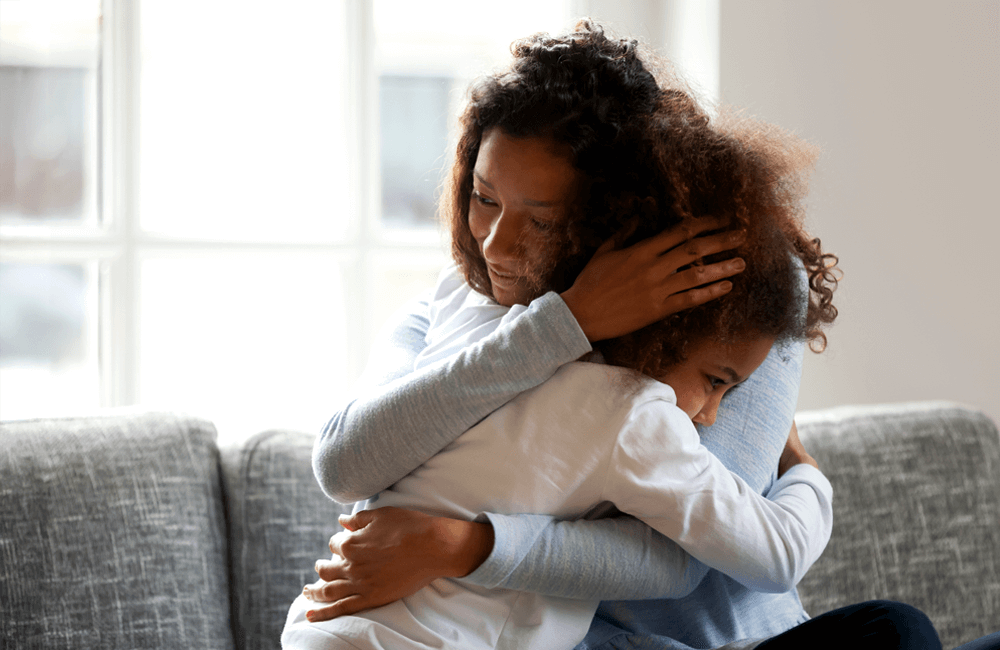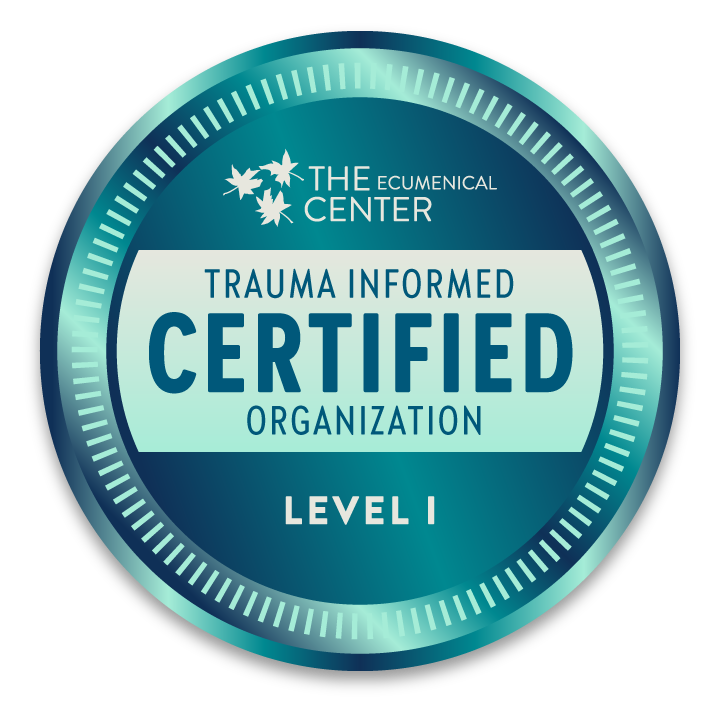“How would you feel if Grammy walked away from you? I feel like I wasn’t wanted.”
This is what one of my daughters tearfully said to me about sixteen years after she was adopted. We were standing in our family room on the day of a school discussion that triggered big emotions. She was asking me how I would feel if my biological mother had not been able to parent me. It was the most humbling question I had ever received. I had worked extremely hard to attach to my daughter, who was adopted as a toddler. I had read all the best books, listened to all the best lectures, and done all the “right” things adoption related. We had (and still have) a fantastic relationship filled with love, nurture and connection. And yet, I wondered, “How could she possibly feel unwanted?”
In that moment, my teenage daughter was the expert on adoption. I was the one who had something to learn.
If we are parenting children who have come to us through a child welfare system of any kind and we were raised by our biological parents, we cannot fully understand what it feels like to not be raised by the mother who birthed us. When my daughter asked me how I would feel if I had been abandoned by my biological mother, I got closer to understanding her feelings on the matter. My daughter knows that she was wanted by our family, but on that night, I learned something crucial in the world of adoption:
Being wanted by foster and adoptive parents doesn’t replace being “unwanted” by biological parents.
The reasons for biological parents not parenting their children are numerous. We would be hard-pressed to find a biological parent who just didn’t “want” the child to whom they gave birth; poverty, addiction, mental illness and lack of resources all contribute to the complexities of children who end up in the child welfare system. But from the perspective of my daughter growing up in an adoptive home, her birth parents didn’t want her enough to do what it took to keep her in their care. I can’t imagine having to face such a loss, yet my daughter was facing it every day.
The discussion that night taught me many things. First, we should never assume we know what our children are thinking when it comes to their stories. We need to listen, ask questions, and provide a safe place to process these big emotions. Next, our love for them does not replace the losses they’ve experienced. My first reaction to my daughter’s statement about being unwanted was to say, “Of course you were wanted! We wanted you!” Had I said that, I would have dismissed her grief and made her less likely to want to talk about her feelings in the future. We need to guard our tongues when listening to our children processing their stories. Finally, we need to allow our children to be the experts in their own stories; our job is to listen compassionately, help unceasingly, and love unconditionally.













